Sugar in Fruit: Is Fruit Bad for You?
As a dietitian, I get a lot of questions. Sometimes there’s a question that persists no matter how nutrition trends change, and one such topic that always comes up? Sugar in fruit. Over all the years I’ve been practicing as a dietitian, this has always been a top question, along with all the related questions:
- Is the sugar in fruit bad?
- Is fruit bad for you?
- Should I eat fruit?
- Is fruit bad for diabetes?
- Is fruit bad for weight loss?
- What are the best fruits to eat?
- But my [friend/roommate/coworker/guy at the gym] said not to eat fruit, are you sure?
Is sugar in fruit bad? Is fruit bad for you?
Fruit is not bad for you, and neither is the sugar in fruit. There has been significant research done into the adverse effects of added sugar on the body, but the sugar in fruit (fructose) is naturally occurring and metabolized differently.
Eating a piece of fruit contains many other beneficial and necessary things, like water, vitamins, minerals, and fiber. All of this water and fiber, plus the amount of chewing required to eat a piece of fruit, means the fructose is metabolized slower by your liver. In contrast, drinking something like a soda means a much larger amount of sugar (high fructose corn syrup) is hitting your liver at a much faster pace, which can contribute to some of the adverse effects of added sugar consumption.
Is fruit bad for diabetes?
In short, no, fruit is not bad for diabetics. It is key for diabetics to consume balanced diets and fruit is 100% a part of that – and the American Diabetes Association agrees (1).
Some diabetics may find their blood sugar more sensitive to higher glycemic index fruits (i.e. a banana) compared to lower glycemic index fruits (i.e. raspberries), but this does not mean you can never consume higher glycemic index fruits. (Bananas are not evil!)
To help, watch portion sizes – most people don’t need a smoothie with four or five servings of fruit at once, diabetic or not. Also consider pairing fruit with things that help slow the absorption of sugar to the bloodstream, like fiber and fat. Most fruits are already good sources of fiber, which helps provide steadier changes to blood glucose levels. Consuming fruit with a food higher in fat (i.e. apple + peanut butter, grapes + cheese) can help steady blood glucose levels further.
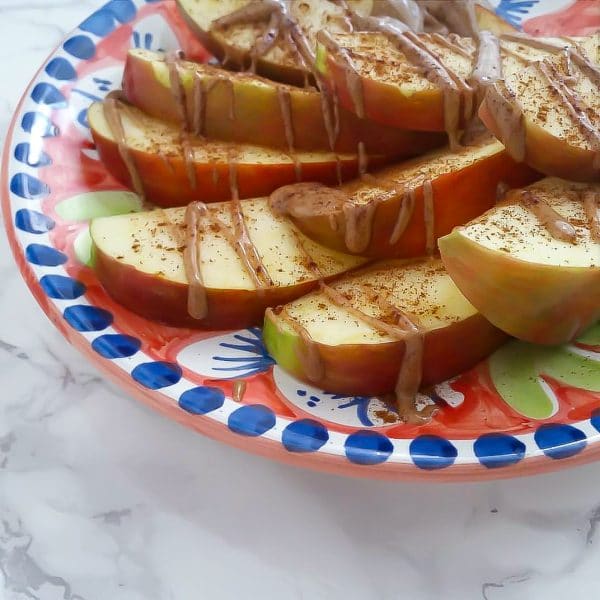
Is fruit bad for weight loss?
Fruit is not bad for weight loss. Fruits are hydrating, nutrient-dense, fiber-filled foods that generally don’t provide significant calories per serving. There have actually been studies that have linked fruit consumption with weight and fat loss (2, 3, 4).
Should I eat fruit?
Absolutely! You totally should eat fruit every day! Fruit is a great way to help your overall hydration, increase your fiber intake, and consume important vitamins and minerals to help your body perform at its best so you can feel your best.
How much fruit should I eat?
The United States Department of Agriculture recommends adults consume 1.5-2 cups of fruit daily, with exact recommendations varying based on age, sex, and physical activity level (5).
A cup of fruit is considered one cup of fresh or frozen fruit (or equivalently sized pieces of fruit), one cup of 100% fruit juice, or a half cup of dried fruit.
How much fruit is too much?
In 2017, the CDC reported that only 1 in 10 adults in the United States consume enough fruits and vegetables, so the vast majority of people don’t need to worry about consuming too much fruit (6). While it is technically possible to eat too much fruit (which could said about literally anything), it’s really difficult for the average person to actually physically consume too much fruit due to all the water, fiber, and chewing involved.
There may be some individuals that have lower thresholds for how much fruit can be tolerated. Individuals with fructose malabsorption or fructose intolerance (conditions that can be diagnosed by a gastroenterologist) may need to more closely monitor total fructose consumed daily.
Some individuals with irritable bowel syndrome (IBS) may find some fruits with a higher fructose content (i.e. an apple or mango) may trigger more of their symptoms, but this is truly a highly individualized thing.
Other individuals may have allergies or cross reactions (like with oral allergy syndrome or a latex allergy that may create a cross reaction with bananas or avocado).
Bottom line, even if there are personal traits or conditions that may make certain fruits off limits or total fruit intake monitored, fruit is often still something that can and should be included in the diet of most individuals.
What are the best fruits to eat?
Any fruit! Some fruits do contain more fiber and have a lower glycemic index than others, like berries, but that doesn’t mean you should only consume berries. In fact, I advocate for a variety of fruits for my clients (barring no allergies/ sensitivities), as a greater variety of micronutrients consumed from a variety of sources is beneficial both for the gut microbiome and overall health.
Oh, and for the record – bananas. are. not. the. enemy.
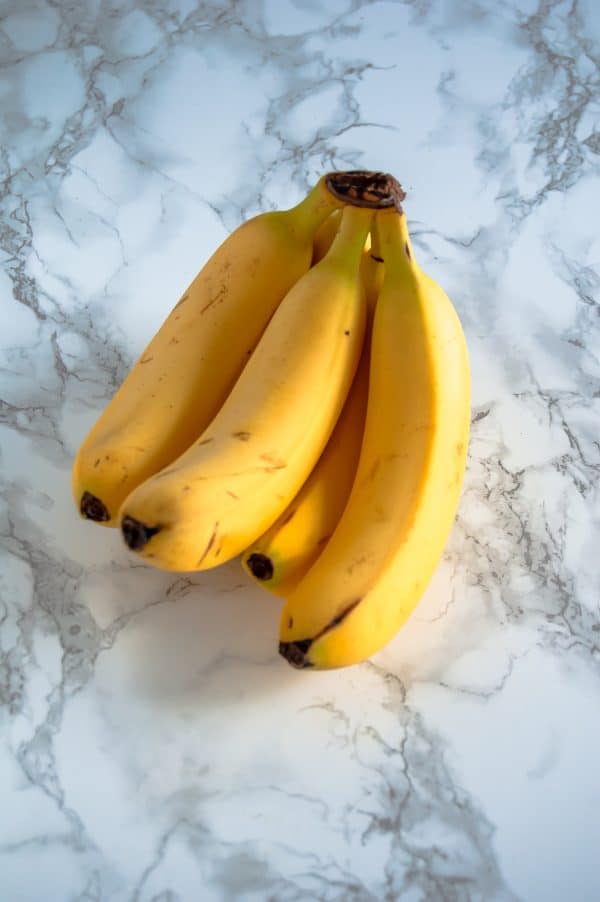
Is fruit juice bad for you?
This is one concern of the sugar in front conversation that has a little more validity. Even though 100% fruit juice does count as a fruit serving, I generally don’t recommend my clients consume juice, even 100% fruit juice.
Fruit juice does still contain hydration, vitamins and minerals from the fruit, but it is lacking the fiber, chewing and slower intake that you find in whole fruit. When lacking the fiber found in corresponding whole fruits, some research has suggested frequent fruit juice intake may be associated with metabolic syndrome, liver injury, and obesity (7).
Bottom line – fruit juice can be enjoyed in moderation, but I would not advise fruit juice as anyone’s primary fruit intake as even 100% fruit juice is metabolized more like sugar-sweetened beverages than whole fruits (8).
Is frozen fruit healthy?
Yes! Frozen fruit is often just as healthy as fresh fruit – and sometimes even healthier! Frozen fruit is typically flash frozen within hours of harvesting. This means the fruit is frozen at peak ripeness with maximum nutrients intact, so frozen fruit may be consumed closer to harvesting than some fresh fruits!
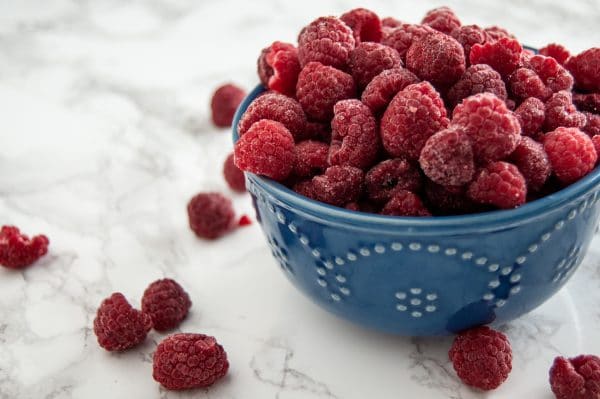
But my friend/ roomie/ coworker/ guy at the gym said not to eat fruit, are you sure?
Absolutely. These recommendations are based on science and years of evidence-based recommendations understood around the globe. From my research, there is not a single country that recommends zero fruit consumption. The World Health Organization recommends consuming more than 400 grams fruits and vegetables daily for overall health and reducing the risk of noncommunicable diseases (9). Many countries, like the UK, Spain, Slovakia, Germany, Belgium, and South Africa translate this into a general 5 servings a day (10). Canada recommends 7-8 servings of fruit and vegetables for women and 8-10 servings for men. And Austria goes much further! They do recommend five servings a day, but their serving size is considerably larger – to the point that it would be equivalent to 18 UK servings a day!
The Bottom Line on Sugar in Fruit
Bottom line? Sugar in fruit is not bad and a variety of fruits should be a welcome addition to the vast majority of diets!
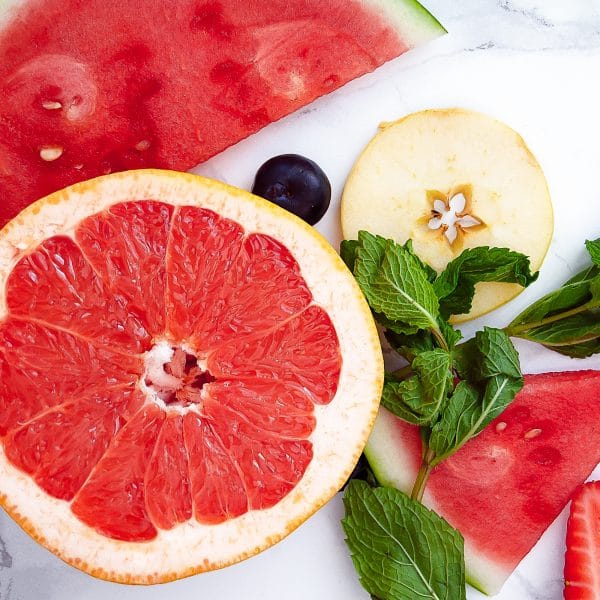
Try some favorite Nutrition to Fit fruit recipes for more inspiration to add fruit to your diet!
- Grilled Watermelon Skewers with Yogurt Lime Sauce
- Green Smoothie Oatmeal
- Pomegranate Cherry Chia Pudding
- Fruity Quinoa Salad
- Chocolate Cherry Almond Nice Cream
- One-Ingredient Grape Popsicles
- Wild Blueberry Lemon Ricotta Smoothie
- Chocolate Raspberry Avocado Pudding
- Cherry Cheesecake Protein Pops
Be sure to share this post on social media, pin it, and send it to any friends who have had some of these questions about fruit! Live well!
References:
- American Diabetes Association. (2016, December 18.) Fruits.
- Schroder KE. (2010, July-August.) Effects of Fruit Consumption on Body Mass Index and Weight Loss in a Sample of Overweight and Obese Dieters Enrolled in a Weight-Loss Intervention Trial.
- Whigham LD, Valentine AR, Johnson LK, et al. (2012, October 1.) Increased vegetable and fruit consumption during weight loss effort correlates with increased weight and fat loss.
- Crujeiras AB, Parra MD, Rodriguez MC, et al. (2006, June.) A role for fruit in energy-restricted diets for improving antioxidant status in obese women during weight loss.
- United States Department of Agriculture. (2018, January 3.) ChooseMyPlate.gov.
- Centers for Disease Control and Prevention. (2017, November 16.) Only 1 in 10 Adults Get Enough Fruits or Vegetables.
- Wojcicki JM, Heyman MB. (2012, September.) Reducing Childhood Obesity by Eliminating 100% Fruit Juice.
- Assis Coelho RCL. (2017, April 6.) Sugar-Sweetened Beverages and Fruit Juice Consumption in Obesity.
- World Health Organization. (2018, February 21.) Increasing Fruit and Vegetable Consumption to Reduce the Risk of Noncommunicable Diseases.
- Ask for Evidence. 5 a day all over the world?
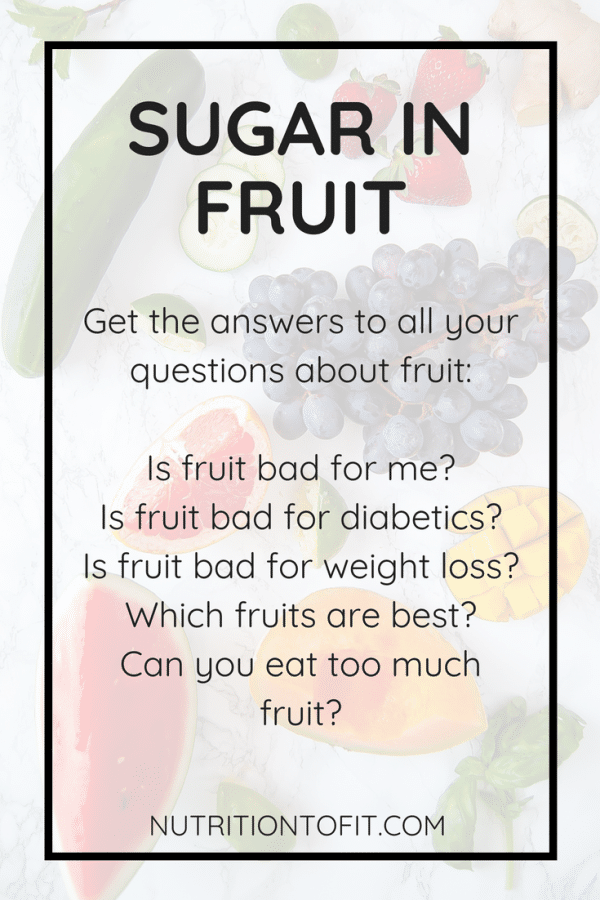

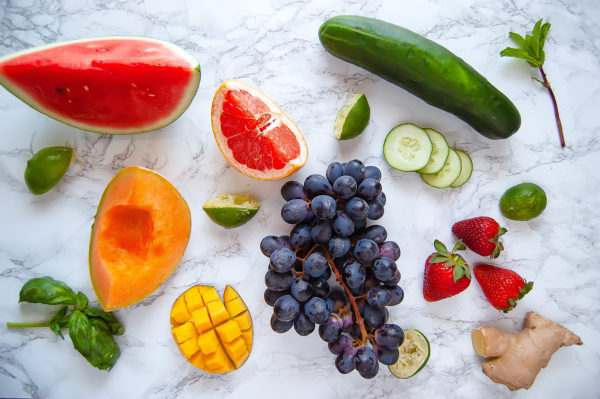
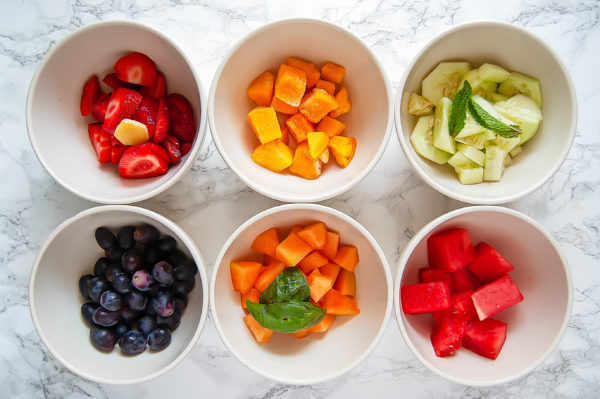
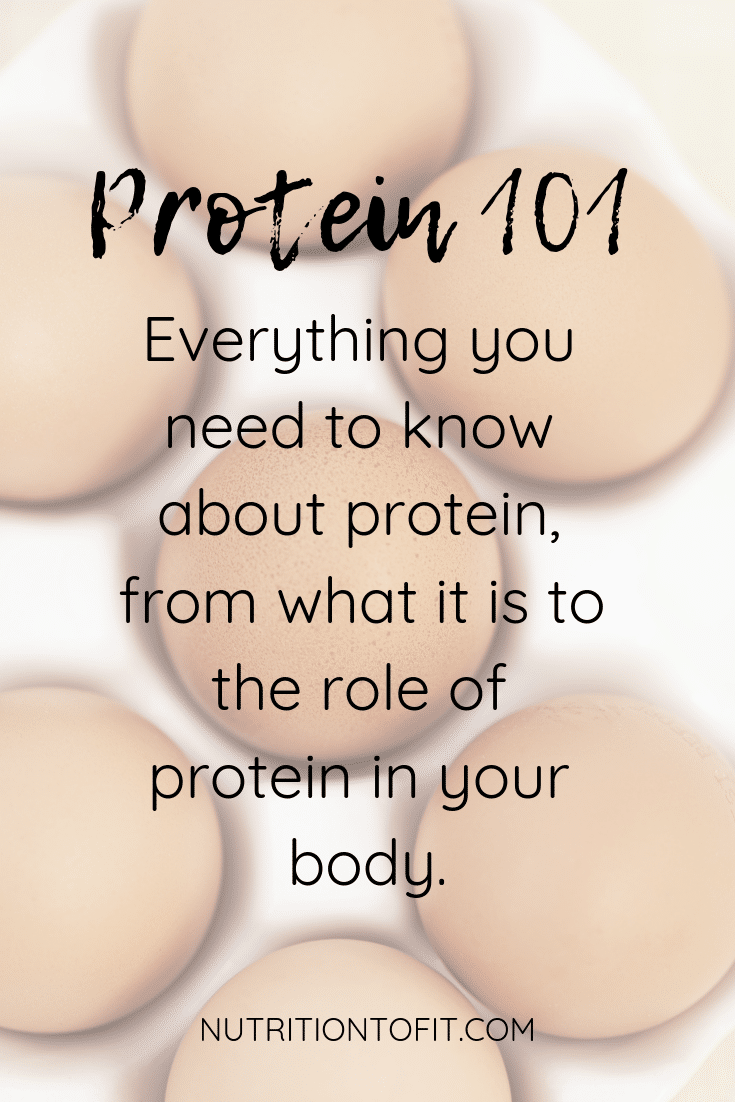
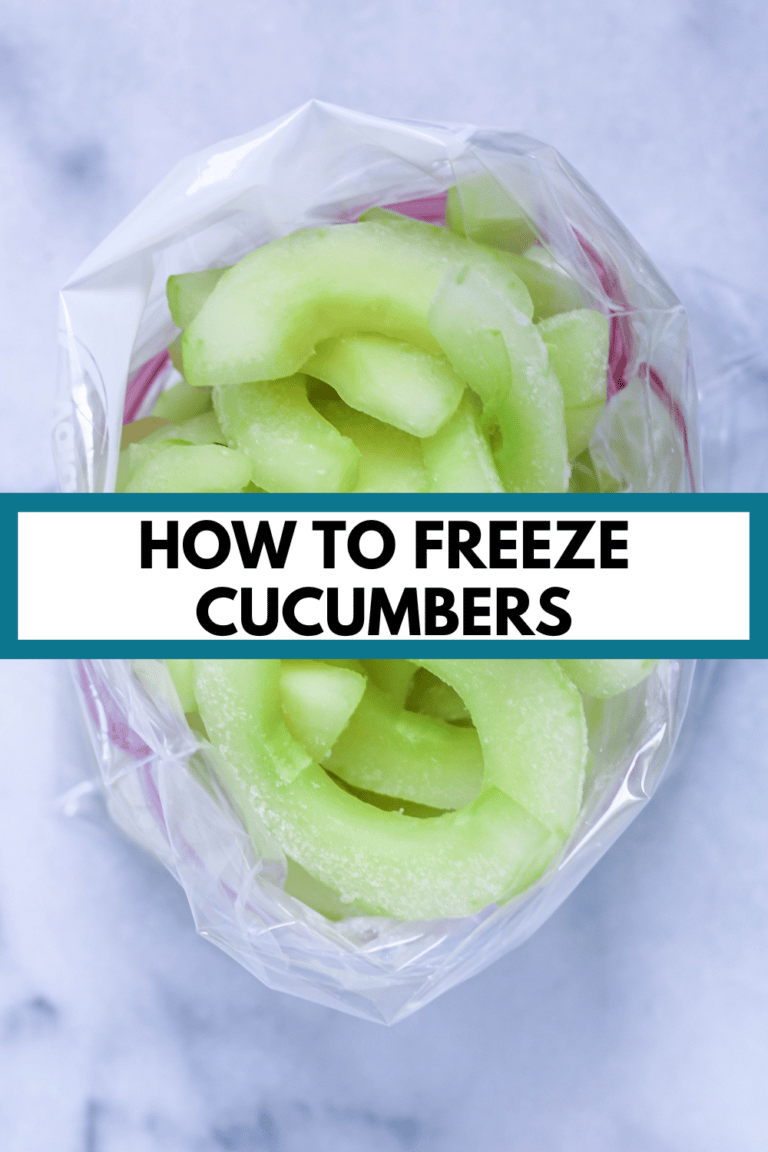
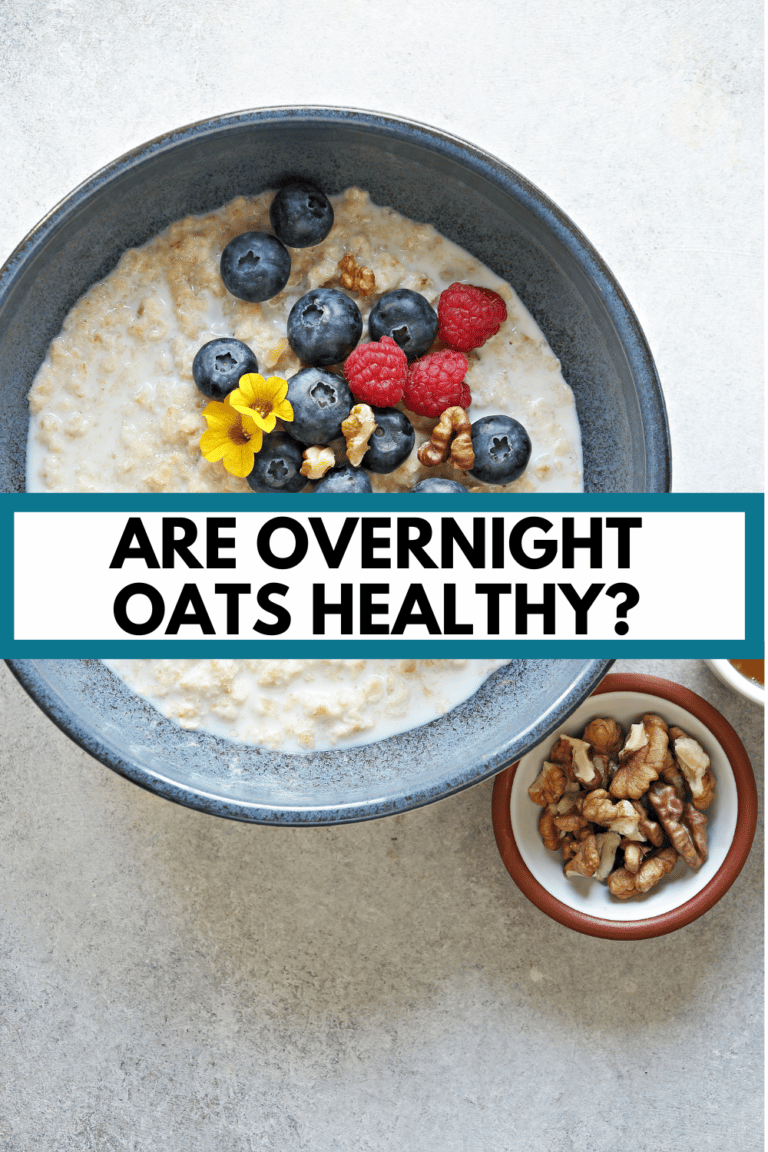
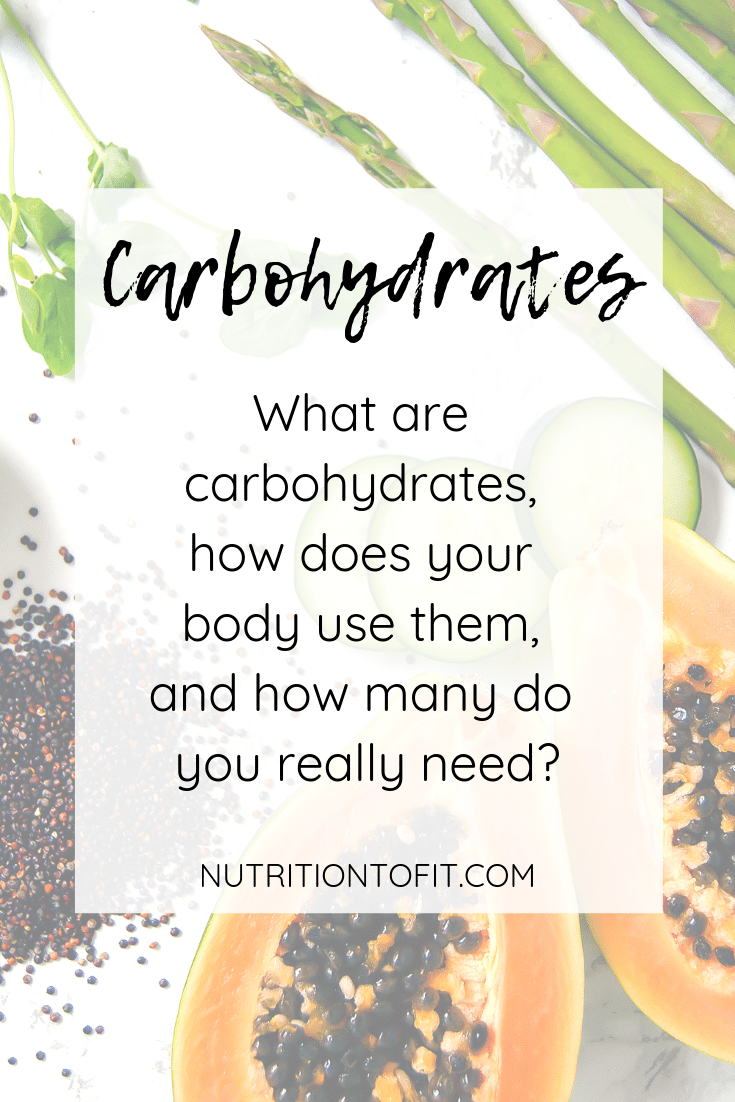
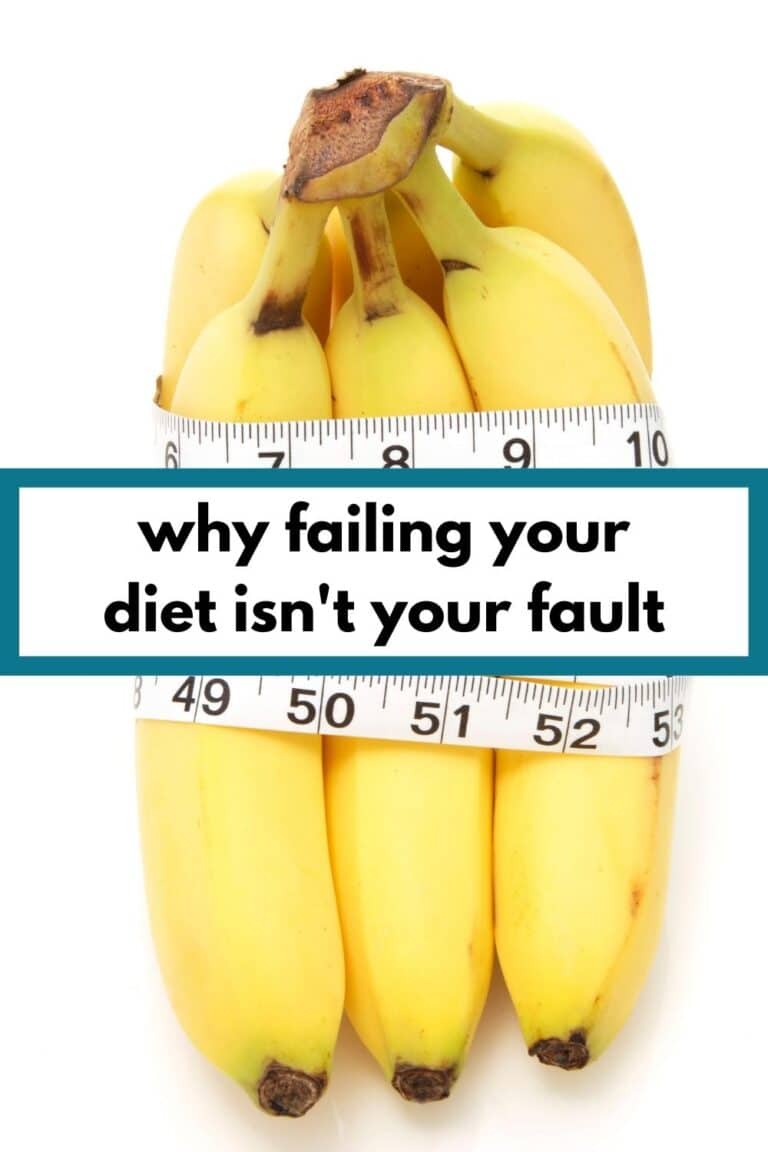
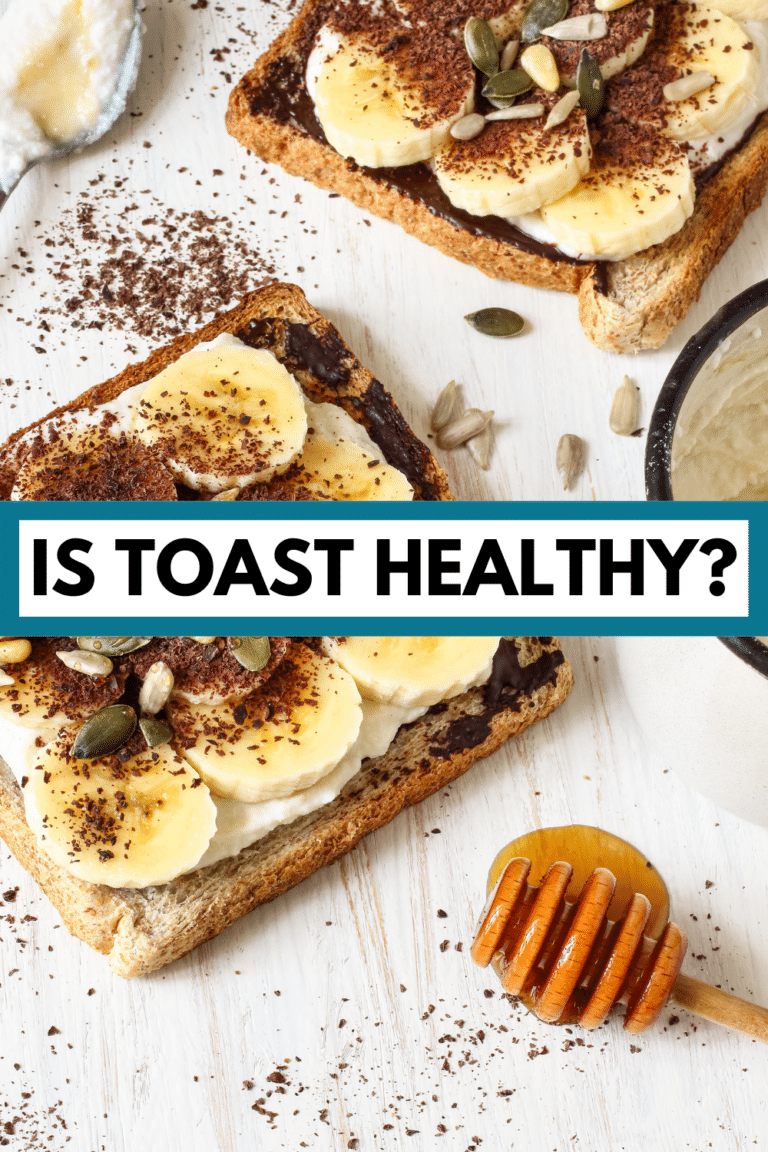
I agree 100% on everything you said in this post! Fruit is not the enemy, I believe in consuming everything in moderation which includes fruits! There could be people who consume too much for what they are able to tolerate or too little because they are consuming too much in other food groups. It all depends on the person.
Amen to both of you!!! I just got into a discussion with my mom over this, a die hard WW member for years, about how we need to break away from this notion that fruit is some sort of evil!
Yes! It makes me SO sad how many clients I’ve had to convince that fruit is not the enemy and a hindrance to their goals. There are so many amazing benefits!
Yes, yes, yes x 1000! I wish everyone could see a dietitian at least once to get a head start on figuring out what works for them and knowing most people don’t need dramatic drastic cuts and changes to their diet!
I just cannot believe that someone could not appreciate the true gift that Mother Nature has given us – fruit!! People are unfortunately so confused because there is so much chatter and misinformation out there. SO glad you wrote this to clear everything up <3
It’s amazing how many times this comes up. I’ve had many people tell me how terrible things like bananas are 🤷🏻♀️